The International Aerospace Environmental Group (IAEG), a non-profit organisation of global aerospace companies created to collaborate on and share environmental solutions for the industry, has announced the formation of a working group to evaluate technical issues regarding the compatibility of 100% sustainable aviation fuel with airplane systems. With Boeing as lead and Airbus as deputy lead, the IAEG Work Group 13 (WG 13) will also include team members from Dassault Aviation, GE Aerospace, RTX’s Pratt & Whitney, Rolls-Royce and Safran, among others. They will coordinate 100% SAF testing efforts with the test results helping the Work Group inform fuel standards body ASTM International as it develops new specifications for 100% SAF. Meanwhile, Virgin Atlantic has shared headline results from its 100% SAF transatlantic flight last November.
IAEG said its WG13 team will also engage stakeholders, including fuel producers, airports and airlines, to understand what steps may be required to support the transition to SAF.
“This collaboration will help prepare the broader aviation ecosystem for 100% SAF capabilities, as part of the aviation goal of achieving net zero CO2 emissions by 2050,” said Ryan Faucett, Boeing’s VP Environmental Sustainability and IAEG Board Member. “We will share our findings from our SAF compatibility and ground-breaking jet reference fluids research and continue to collaborate with this Work Group to support a more sustainable aviation future.”
IAEG said the Work Group would support “consistent communication” with external stakeholders and educate infrastructure partners and suppliers on what will be needed to ensure operational readiness for 100% SAF.
Added Dr Bruno Costes, Airbus Senior Director of Institutional Relations and Standardisation, and IAEG Chair: “Airbus will bring its knowledge and experience from years of 100% SAF demonstration flights, coupled with our technical expertise in developing new fuel standards.”
Formed in 2011, IAEG has 59 member companies representing 70% of the global aerospace and defence industry. As well as WG 13’s efforts on 100% SAF compatibility, Work Group 3 is focusing on GHG emission reporting guidance.
Meanwhile, Virgin Atlantic has released headline results from its Flight100 transatlantic flight last November, the first commercial aircraft flight to cross the Atlantic using 100% SAF. The flight, following a year’s collaborative effort involving Boeing, Rolls-Royce, Imperial College London, University of Sheffield, ICF and RMI, did not require any engine, airframe or fuel infrastructure changes.
A full lifecycle analysis showed a saving of 95 tonnes of CO2, or 64% of the emissions produced from a standard flight from London Heathrow to New York JFK. Beyond the carbon reductions, the flight produced 40% fewer non-CO2 particulate emissions, so suggesting SAF could have a material impact on improving local air quality at airports and reducing the formation of persistent contrails. Interestingly, the Flight100 SAF produced 1% more energy compared to the same mass of fossil fuel, with the increased efficiency leading to a reduction of the fuel used in flight, with the implication of further environmental benefits.
Following the release of the headline results, the consortium will meet for a “technical deep dive” in early June. “This is a further step to ensure open-source information sharing – a fundamental element of the project,” said Virgin Atlantic.
Photo: The Virgin Atlantic 100% SAF transatlantic flight


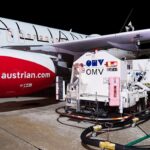
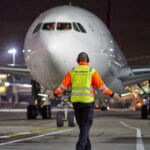
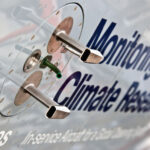


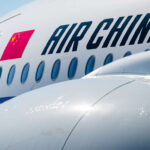
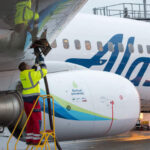
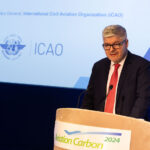

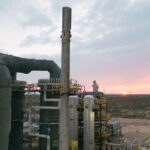
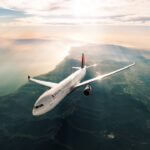
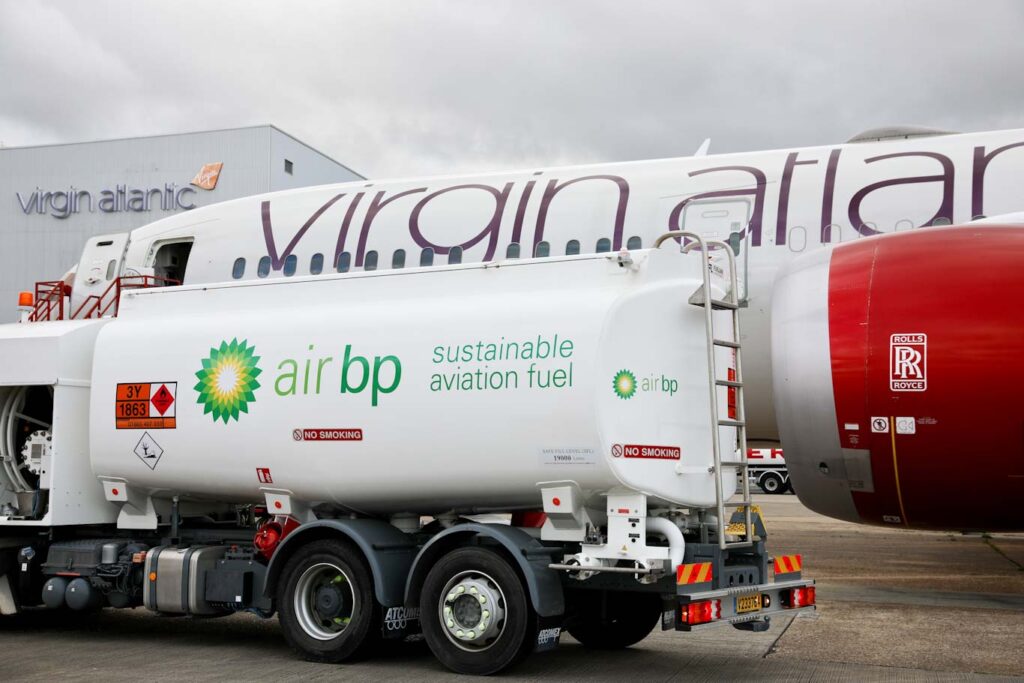


More News & Features
Progress on decarbonising the airline sector has been slow this year, says IATA chief
EASA releases status report on Europe’s SAF production and readiness to meet blending targets
New partnerships formed to drive e-SAF production in Nordic markets
IAG continues to go big on e-SAF as it inks 10-year offtake agreement with Infinium
US on the pathway to achieving its 2030 SAF Grand Challenge target, says DOE report
Advocacy group launches to speed up production and use of SAF across Asia